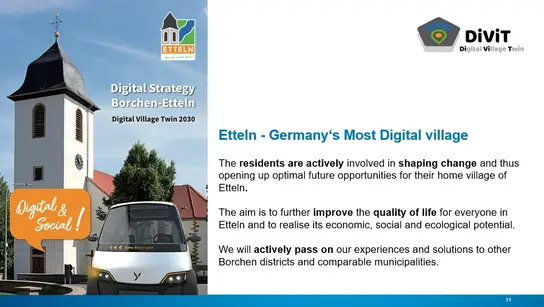-
Members: FreeSponsoring Society
IEEE Members: $11.00
Non-members: $15.00Pages/Slides: 40
02 May 2019
Energy storage is needed to help the power grid of the future in balancing the highs and lows caused by intermittent renewables such as solar and wind. Flexible demand ? such as air conditioning ? can provide the same service as batteries by manipulating their demand around a nominal baseline so that the increase and decrease of demand appears like charging and discharging of a battery. The advantage of these ?virtual batteries? over real batteries is their low cost, since only a change in software is needed. A challenge in the effective use of both real and virtual batteries is coordination: a large number of them need to be coordinated so that together they supply what the grid needs. At the same time, the Quality of Service (QoS) of each consumer ? on whose premises a flexible load or a battery resides - must be maintained within strict, pre-negotiated, bounds. In this webinar, we will describe methods for coordinating a large number of energy storage and flexible demand resources, and discuss the pros and cons of these methods.
Primary Committee:
IEEE Smart Grid Webinar Series


